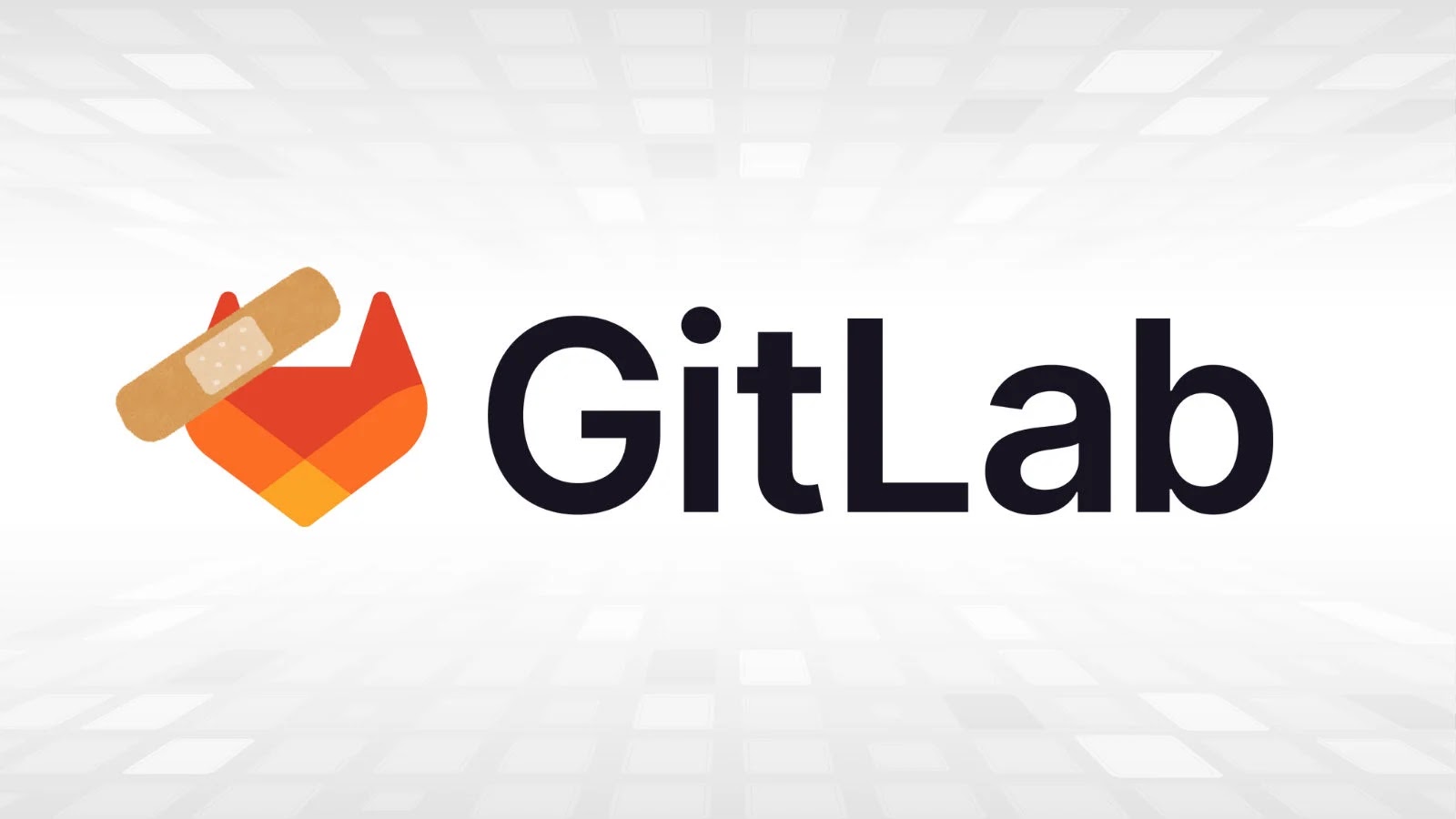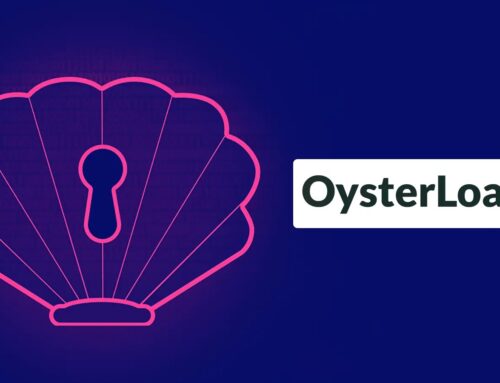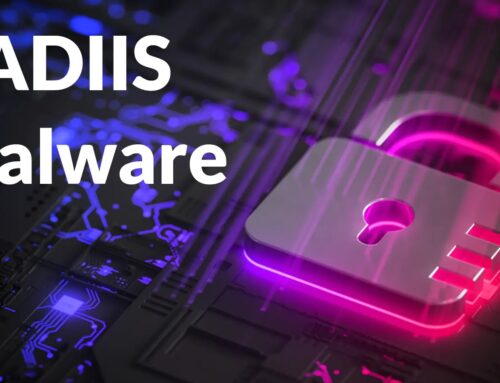
GitLab Patches Multiple Vulnerabilities That Enables Denial Of Service and SSRF Attacks
Urgent GitLab Patch: Mitigating High-Severity DoS and SSRF Vulnerabilities
The digital infrastructure underpinning modern development relies heavily on robust version control and collaborative platforms. GitLab stands as a cornerstone for many organizations, making any security vulnerability within its ecosystem a critical concern. Recently, GitLab released urgent security patches for its Community (CE) and Enterprise (EE) editions, addressing multiple vulnerabilities, including two high-severity flaws that could lead to significant Server-Side Request Forgery (SSRF) and Denial of Service (DoS) attacks. This immediate action underscores the severity of these issues and the proactive stance required for effective cybersecurity.
Understanding the Threat: DoS and SSRF Attacks
The vulnerabilities addressed by GitLab primarily revolve around two potent attack vectors: Denial of Service (DoS) and Server-Side Request Forgery (SSRF).
- Denial of Service (DoS) Attacks: A DoS attack aims to make a machine or network resource unavailable to its intended users by temporarily or indefinitely disrupting services of a host connected to the Internet. In the context of GitLab, a successful DoS exploit could render a self-managed instance unusable, severely impacting development cycles, deployments, and overall business operations. This could manifest as a complete system crash, extremely slow performance, or an inability to access the platform.
- Server-Side Request Forgery (SSRF) Attacks: SSRF is a web security vulnerability that allows an attacker to induce the server-side application to make HTTP requests to an arbitrary domain of the attacker’s choosing. In some cases, the attacker can even target internal-only systems within the organization’s infrastructure. For a platform like GitLab, an SSRF vulnerability could be leveraged by an attacker to access internal services, bypass firewalls, or even interact with internal APIs, potentially leading to data breaches or further system compromisethreat.
Specific Vulnerabilities and Impact
While the official announcement from GitLab and the provided source do not specify individual CVEs for these two high-severity flaws, their categorization highlights the critical need for immediate patching. Such vulnerabilities, particularly within a widely used platform like GitLab, pose substantial risks:
- Operational Disruption: A successful DoS attack means development teams are halted, CI/CD pipelines fail, and access to critical code repositories is lost. This directly translates to financial losses and significant operational setbacks.
- Internal Network Compromise: SSRF attacks are gateways to an organization’s internal network. Attackers can use them to scan ports, access sensitive internal resources (like databases or dashboards), and potentially pivot to other systems, making them highly dangerous for corporate environments.
- Data Exfiltration: Although not explicitly stated, SSRF can be a precursor to data exfiltration if an attacker can manipulate the server to fetch and then transmit sensitive data from internal systems to an external location they control.
Remediation Actions: Immediate Upgrade is Critical
GitLab has unequivocally stated that all administrators of self-managed GitLab installations must upgrade immediately. This is not a recommendation but a critical security imperative to protect your infrastructure and data. The newly released versions that contain these essential patches are:
- GitLab 18.3.2
- And subsequent patched versions. (Note: The source specifically mentions 18.3.2. Organizations should always consult the official GitLab security advisory for the latest recommended versions.)
To ensure your GitLab instance is secure, follow these steps:
- Identify Your Current Version: Determine the exact version of GitLab CE or EE that your organization is currently running.
- Review GitLab’s Official Security Advisories: Always refer to the official GitLab security page for detailed release notes and specific upgrade instructions. This will confirm the exact patched versions and any prerequisites.
- Plan Your Upgrade: Schedule a maintenance window. While urgent, consider best practices for software upgrades, including backups.
- Perform the Upgrade: Execute the upgrade process as per GitLab’s documentation. For most self-managed instances, this involves specific commands depending on your installation method (Omnibus, Docker, etc.).
- Verify the Upgrade: After the upgrade, confirm that your GitLab instance is running the new, patched version and that all services are functioning as expected.
General Remediation Best Practices:
- Regular Patching: Establish a routine schedule for applying security patches and updates to all software, especially critical infrastructure like GitLab.
- Network Segmentation: Implement strong network segmentation to limit the blast radius of any potential compromise.
- Input Validation: Ensure robust input validation is active across all web applications to prevent common vulnerabilities like SSRF.
- Least Privilege Principle: Operate GitLab with the least necessary privileges.
Tools for Vulnerability Scanning and Mitigation
| Tool Name | Purpose | Link |
|---|---|---|
| GitLab SAST/DAST | Automated Static Application Security Testing (SAST) and Dynamic Application Security Testing (DAST) pipeline integration to scan code and running applications for vulnerabilities. | https://docs.gitlab.com/ee/user/application_security/sast/ |
| OWASP ZAP | Open-source web application security scanner. Useful for performing DAST scans against public-facing GitLab instances to identify potential SSRF vectors. | https://www.zaproxy.org/ |
| Nessus | Vulnerability scanner capable of identifying known vulnerabilities in software, including potentially outdated GitLab versions or misconfigurations that could lead to DoS. | https://www.tenable.com/products/nessus |
| Burp Suite (Professional) | Comprehensive toolkit for web application security testing. Can be used for manual and automated discovery of SSRF and DoS vulnerabilities. | https://portswigger.net/burp |
Conclusion
The recent security patches released by GitLab addressing high-severity DoS and SSRF vulnerabilities serve as a stark reminder of the persistent and evolving threat landscape. For organizations relying on self-managed GitLab instances, immediate action is paramount. Prioritizing these upgrades protects not only the integrity of your development workflows but also the broader security posture of your digital assets. Proactive patching, combined with continuous security monitoring and the adoption of robust security practices, remains the most effective defense strategy against such critical threats.





